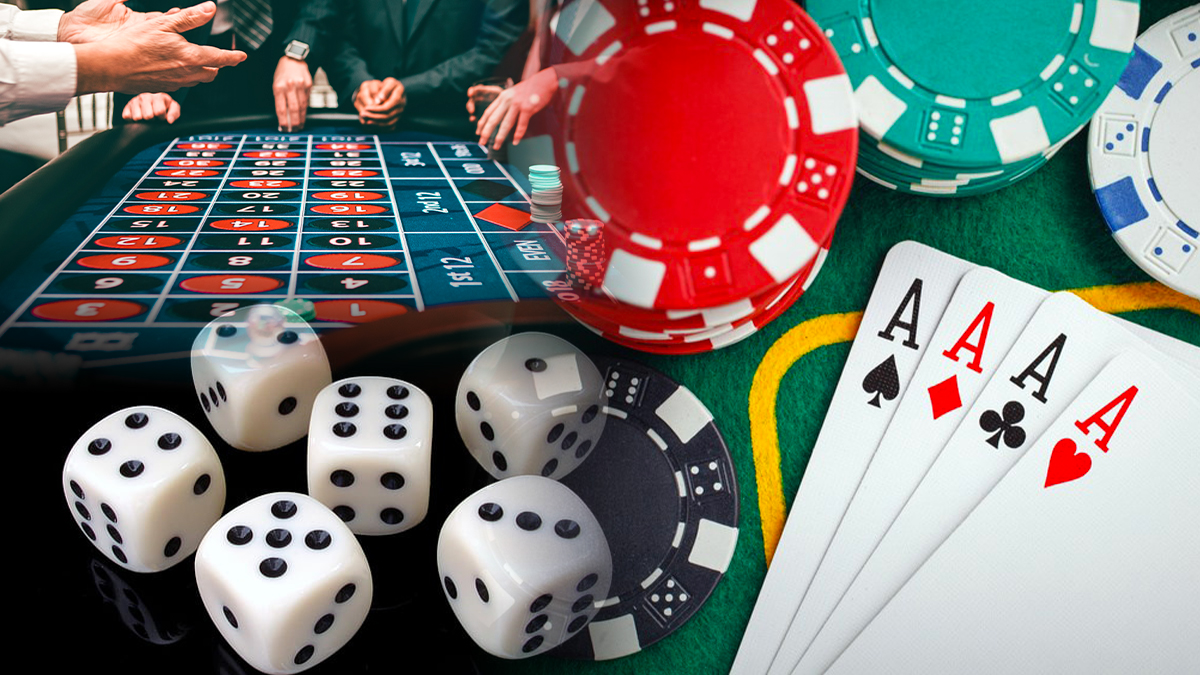
Casino offerings have been a source amusement and thrill for numerous players around the globe. One of the main components that renders these games captivating is the diversity of cards employed in various types of games. Grasping the various types of cards can enhance your gaming experience and refine your gameplay approaches. Regardless of whether you are drawn to traditional card games like poker and 21 or modern casino offerings, each game relies on a unique set of cards that influences the regulations and the flow of play.
In casino environments, cards appear in several styles, each designed to meet the requirements of specific games. From standard decks to custom card types, the diversity plays crucial role in molding the mechanics of each game. By familiarizing yourself with these cards and their uses, you can achieve more profound insights into the games and make better decisions at the table. This knowledge not only enhances your overall gaming experience but also contributes to a more sophisticated approach to your odds of winning.
Types of Playing Cards
When it comes to casino games, the kind of playing cards used can greatly impact the gameplay and strategy. The most common deck is the standard 52-card deck, which consists of 4 suits: hearts. Each suit contains 13 ranks, from ace to King. This standard deck is essential in numerous games, such as blackjack, where gamblers aim to create the best hand possible or get as close to 21 as they can.
Some casino games use special decks specifically designed for those games. For instance, the well-known game of baccarat often uses multiple decks shuffled together, typically 6 or eight. This not only increases the difficulty of the game but also impacts wagering strategies, as participants must consider the higher number of cards in play. Additionally, some games may introduce jokers or wild cards, providing further variety and thrill to the gambling experience.
In niche games, custom decks may come into play. For instance, in games like Bridge or Pinochle, participants might use specific rules with varied card values or roles. These variations keep the gameplay new and allow for diverse strategies to appear. casino en ligne francais Understanding the various types of playing cards and their particular uses in various casino games is key to enhancing one’s gaming experience and improving overall performance at the tables.
Deck Modifications in Casino Activities
In gambling games, the kind of set of cards used can significantly affect both the play and the tactics employed by participants. Most traditional card games, such as blackjack and poker, typically utilize a regular 52-card pack. However, variations do exist where extra wild cards or even several packs are used. For example, in 21, some casinos may employ one to eight decks, which can change the probabilities and the fundamental tactics needed to play effectively. Participants must be aware of the deck makeup, as it influences the house edge.
Another common modification in casino playing card games is the utilization of themed or custom decks. For example, some five-card draw games might use a deck that features unique images or patterns, which can enhance the environment at the gaming table. These custom packs often function to differentiate between different game types or loyalty initiatives within the casino. While the standard guidelines of the game remain the same, the aesthetics can affect player engagement and enjoyment.
Finally, the shuffling methods employed with various kinds of packs can also impact play. Gaming establishments often make use of automatic mixing machines that can effectively shuffle multiple packs efficiently, making hand counting more challenging. The rate and manner of shuffling can differ widely based on the game and the gaming establishment’s rules. Comprehending these deck modifications is crucial for any player seeking to enhance their tactics and overall satisfaction in gaming activities.
Significance of Card Worth
In gaming games, the significance of every playing card plays a key role in influencing the consequences of multiple activities. Distinct games assign distinct values to playing cards, shaping tactics and player decisions. For instance, in blackjack, playing cards ranging two through 10 are rated at their actual worth, while face cards hold a value of ten, and the ace can be valued as one or eleven. Grasping these values allows players to make smart choices during gameplay, improving their chances of success.
Similarly, in the game of poker, the value of playing card worths extends to hands and hand values. Strong cards can form more powerful combinations, such as two of a kind, straights, or flushes, which are crucial for winning in the game. Players must consider not only their own hand but also likely hands their opponents might hold. This tactical complexity adds interest and complexity, making card worths a central element in poker’s attraction.
Furthermore, the cognitive aspect of card worths cannot be dismissed. Players may use the knowledge of card values to deceive or mislead their opponents. By understanding how a card’s worth can affect the game’s dynamics, players can more effectively navigate hazards and gains, creating a thrilling environment in gaming activities. Whether competing for entertainment or for actual money, knowledge of card worths significantly influences the overall playing encounter.
